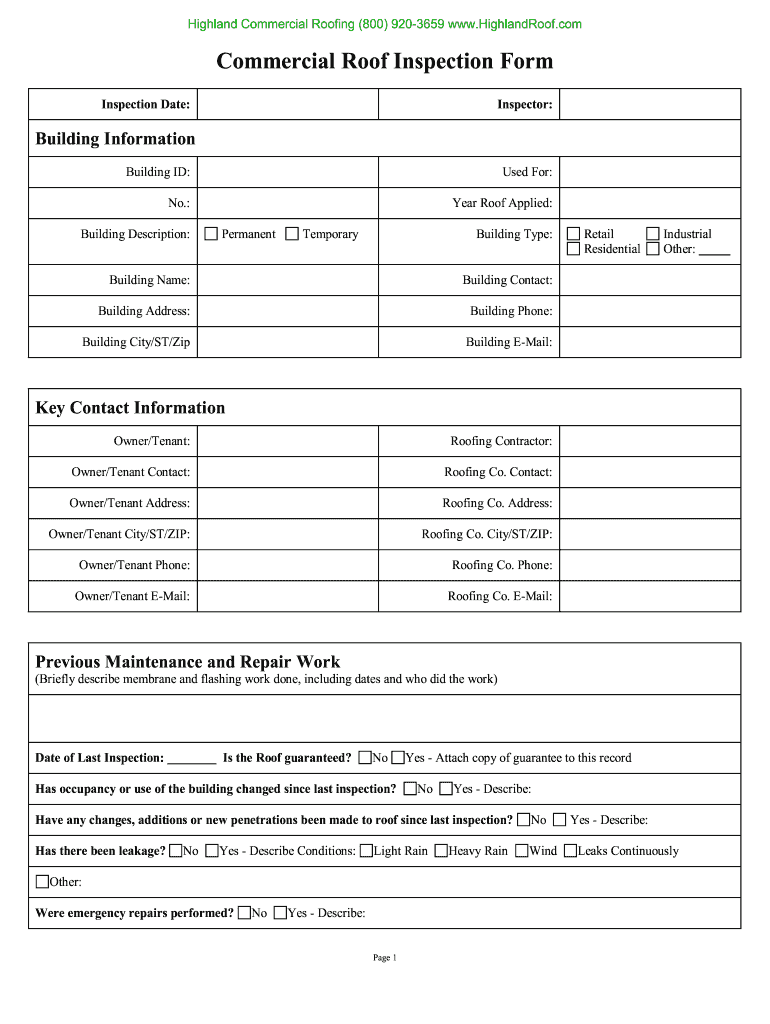The importance of commercial roof inspections cannot be overstated when it comes to maintaining the structural integrity and longevity of your property. Whether managing an office building, warehouse, or retail space, consistent and thorough inspections are crucial for preventing costly repairs and ensuring the safety of occupants.
Why Commercial Roof Inspections Are Crucial
Commercial roofs, unlike residential ones, often have unique characteristics and challenges. They are typically flat or have low slopes, making them susceptible to water pooling and subsequent damage. Regular commercial roof inspections can identify potential issues before they escalate into major problems.
Identify and Address Minor Issues Early
One of the primary benefits of regular inspections is the early detection of minor issues. In commercial settings, small problems such as tiny leaks, loose flashings, or minor membrane tears can quickly develop into significant damage if left unattended. By conducting periodic commercial roof inspections, facility managers can address these issues swiftly, preventing costly and extensive repairs down the line.
Extend the Lifespan of Your Roof
Regular commercial roof inspections help prolong the life of your roofing system. Identifying and repairing wear and tear, cleaning gutters, and ensuring proper drainage contributes to maintaining the roof in optimal condition. This proactive approach not only protects the property but also maximizes the return on investment by delaying the need for full roof replacements.
Components of a Thorough Inspection
A comprehensive commercial roof inspection involves several key steps:
- Visual Examination: Inspectors conduct a visual check of the roof’s surface, looking for cracks, blisters, punctures, and other signs of damage.
- Flashings and Seals: Ensuring that flashings and seals around vents, skylights, and HVAC units are intact to prevent water ingress.
- Drains and Gutters: Checking and cleaning gutters and drainage systems to avert water pooling and ensure proper runoff.
- Insulation: Assessing the insulation condition to verify that it remains effective and undamaged.
- Roof Perimeter: Inspecting edges and terminations to look for vulnerabilities that could lead to wind damage or water intrusion.
Read more about flat roof inspections here.
Choosing the Right Professionals for the Job
While some facility managers may attempt to handle inspections themselves, hiring a professional is highly recommended. Experts specializing in commercial roof inspections possess the knowledge, experience, and tools to identify issues that might be overlooked by the untrained eye. Moreover, professional inspections often come with detailed reports, including photographs, which can be invaluable for maintaining records and scheduling maintenance.
Conclusion
Routine commercial roof inspections are an indispensable part of property management. By catching problems early, extending the roof’s lifespan, and ensuring safety, these inspections ultimately protect your investment. Partnering with skilled professionals ensures that your commercial roof remains in peak condition year-round.





